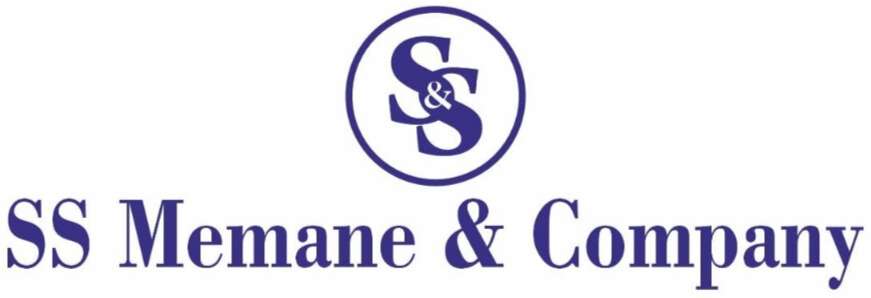Import Export Code Registration
Quick Contact
Documents Required
- Pan Card
- Bank Account Details
- Aadhaar Card
- Business Address Proof
- GSTIN (if applicable)
Import Export Code Registration
The Import Export Code (IEC) is a mandatory registration required for any business or individual involved in importing or exporting goods and services from India. Issued by the Directorate General of Foreign Trade (DGFT), the IEC is a 10-digit unique code that is essential for customs clearance, remittance of payments, and other related activities. Without this code, a business cannot legally engage in international trade.
Advantages :
Legal Authorization:
IEC registration is the first step in legally starting an import/export business in India, enabling you to engage in cross-border trade.
Global Market Access:
With an IEC, businesses can expand their market reach beyond domestic borders, accessing international customers and suppliers.
No Annual Compliance:
Once issued, the IEC does not require any renewal or annual compliance filings, making it a hassle-free registration process.
Customs Clearance:
IEC is mandatory for customs authorities to clear your goods and services for import/export, ensuring smooth logistics operations.
Business Growth:
Helps businesses explore new markets, increase revenue, and diversify their product offerings on a global scale.
Disadvantages:
Limited to International Trade:
IEC is specifically for import and export activities, so businesses focused solely on the domestic market may not benefit from this registration.
Initial Costs:
The process of obtaining an IEC involves an initial cost, which might be a consideration for small businesses or startups.
Requirement for All International Transactions:
Any international financial transaction, including receiving payments from abroad, requires an IEC, which could be seen as an additional layer of bureaucracy.
Complex Compliance in Trade:
Though IEC itself doesn’t require renewal or compliance, international trade involves adhering to various customs, export-import policies, and regulations.
Required Documents:
PAN Card:
PAN card of the business or individual applying for IEC.
Address Proof:
Address proof of the business or individual, such as utility bills, lease agreement, or rent receipt.
Bank Account Details:
Bank certificate or a canceled cheque of the current account in the name of the business or individual.
Identity Proof:
Identity proof of the proprietor, partners, directors, or individual, such as Aadhaar card, passport, or voter ID.
Incorporation Certificate (if applicable):
Certificate of Incorporation or Registration Certificate for companies, LLPs, or other registered entities.
Registration Process
Obtain PAN:
Ensure that the business or individual has a valid PAN, which is a prerequisite for applying for IEC.
Gather Required Documents:
Prepare the necessary documents, such as PAN card, address proof, bank certificate or canceled cheque, and business incorporation documents.
Apply Online on DGFT Portal:
Visit the DGFT’s official website and register as a new user. Once registered, log in to apply for the IEC through the online application form.
Complete the Application:
Fill out the application form with accurate details, including the PAN, business or individual details, bank account information, and upload the required documents.
Submit the Application and Pay Fees:
After completing the application, submit it online and pay the required registration fees using the available payment methods.
Receive IEC Code:
Upon successful verification of the application and documents, the DGFT will issue the IEC, which will be sent to the applicant via email.
Eligibility Criteria
Business Entities:
Any business entity, including proprietorships, partnerships, LLPs, companies, trusts, and HUFs (Hindu Undivided Families), engaged in import/export activities is eligible to apply for IEC.
Individuals:
Individuals not engaged in any business but involved in importing or exporting goods and services for personal use or for others can also apply for IEC.
PAN Requirement:
A valid Permanent Account Number (PAN) issued by the Income Tax Department is mandatory for obtaining IEC.
Bank Account:
The applicant must have a current bank account in the name of the business or individual with an authorized bank, to be linked with the IEC.
- Copyright 2024 © SS Memane || Designed By || Mr. Sunil Memane


